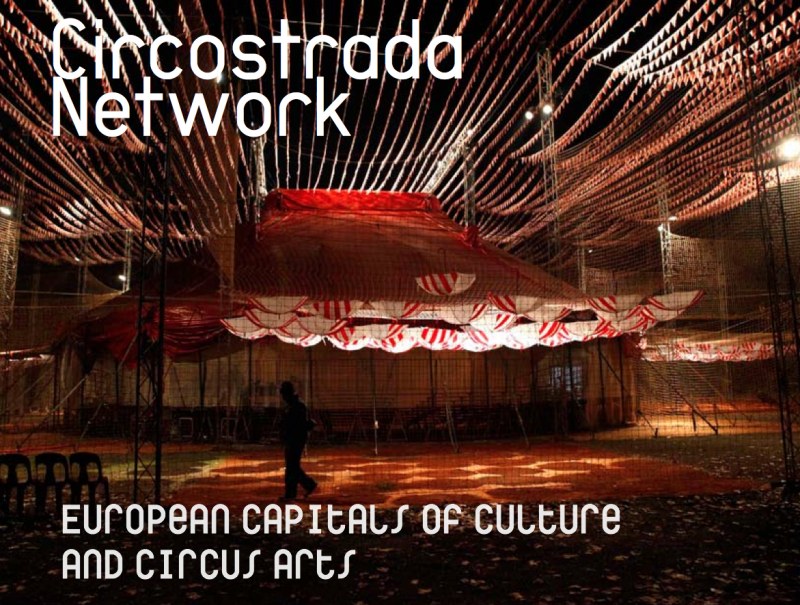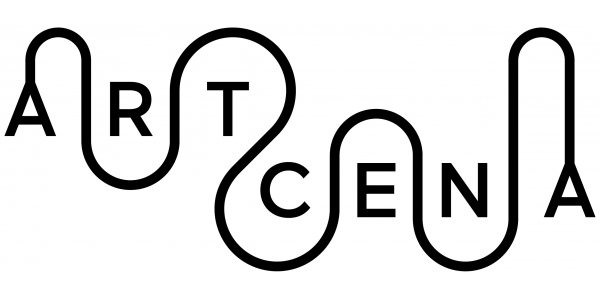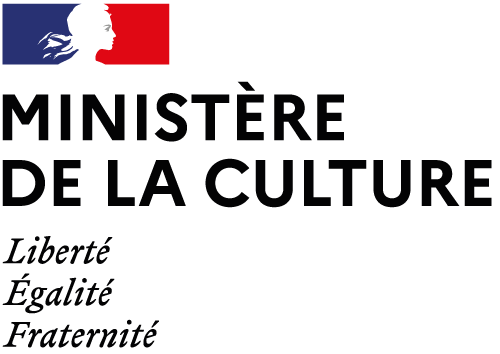Seminars "European Capitals of Culture & Circus Arts"
- Advocacy work
HorsLesMurs and Dutch festival Circo Circolo, both active members of Circostrada Network, started already in 2011 to analyse the relationship between cities involved in the European Capitals of Culture programme and the circus arts field. In the framework of the cultural event “Cirque en Capitales“ proposed during Marseille-Provence 2013, a third seminar was organised in Aix-en-Provence (France) to gather circus stakeholders, European Capitals of Culture teams and policymakers.
These 3 seminars have led to the realisation of a study in 2013, delivered by Daphné Tepper and available online (see above).
Aim of the ECoC advocacy seminars
- Reflecting on the place and role of contemporary circus in the program of the ECoCs
- Bringing together programmers from former and future ECoCs to exchange on best practices
- Advocating for the evolution of the place assigned to contemporary circus in the programs of the ECoCs
- Reflecting on the participation of contemporary circus to the success of the programme and the benefits in terms of structuring and development of the artistic sector.
To learn more...
European Capitals of Culture (ECoCs)
Each year, cities chosen as European Capitals of Culture – in 2011 Tallinn, and Turku – provide living proof of the richness and diversity of European cultures. Started in 1985, the initiative has become one of the most prestigious and high-profile cultural events in Europe. More than 40 cities have been designated European Capitals of Culture so far, from Stockholm to Genoa, Athens to Glasgow, and Cracow to Porto. A city is not chosen as a European Capital of Culture solely for what it is, but mainly for what it plans to do for a year that has to be exceptional. Its programme for the year must meet some specific criteria.
Purpose
The European Capitals of Culture initiative was set up to:
- Highlight the richness and diversity of European cultures,
- Celebrate the cultural ties that link Europeans together,
- Bring people from different European countries into contact with each other’s culture and promote mutual understanding,
- Foster a feeling of European citizenship.
Selecting a Capital of Culture
From 2011, two cities – from two different EU countries – are European Capitals of Culture each year. The procedure for choosing a city starts around six years in advance – though the order of Member States entitled to host the event is fixed before then and is organised in two stages. It involves a panel of independent experts in the cultural field responsible for assessing the proposals. Once designated, the preparations of the European Capitals of Culture are monitored.






